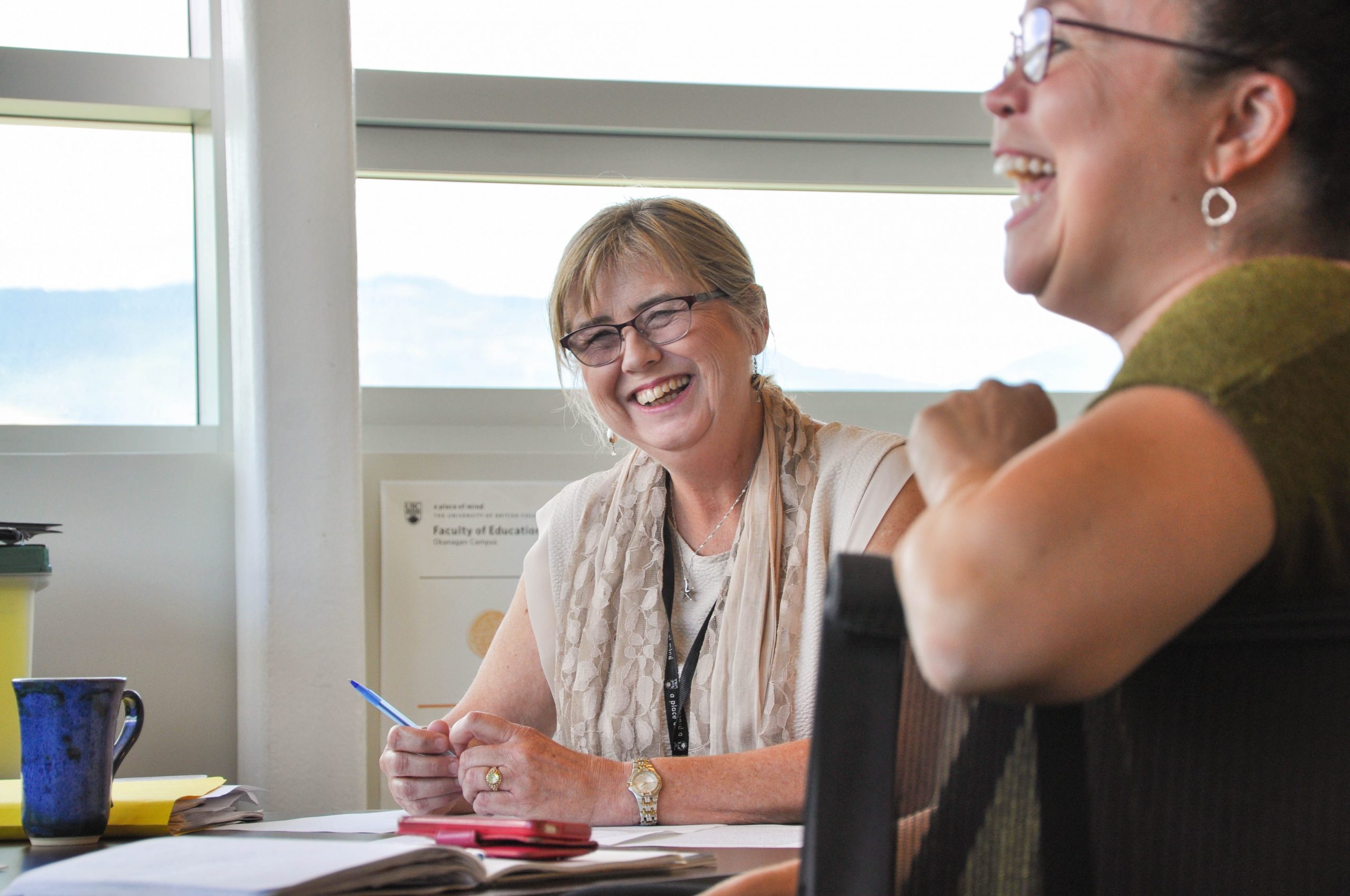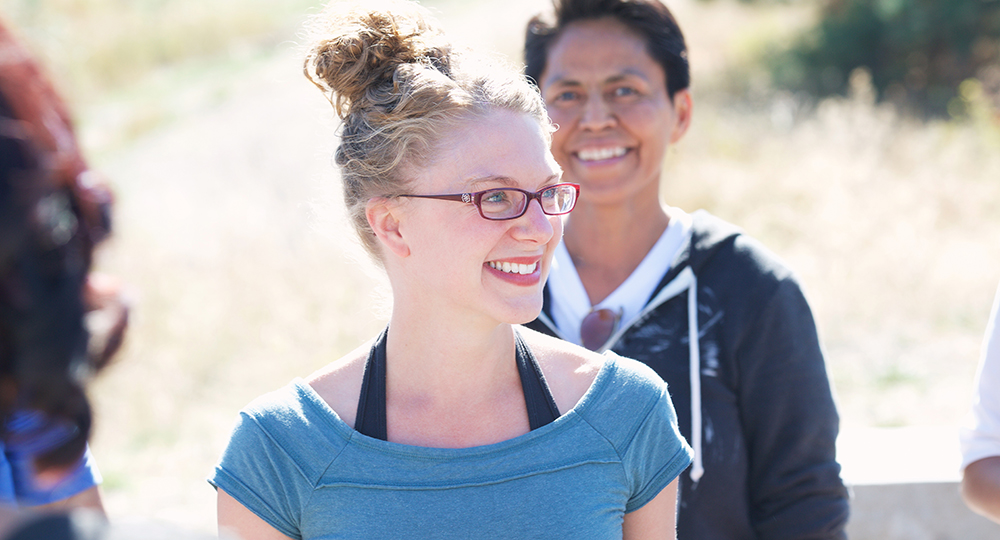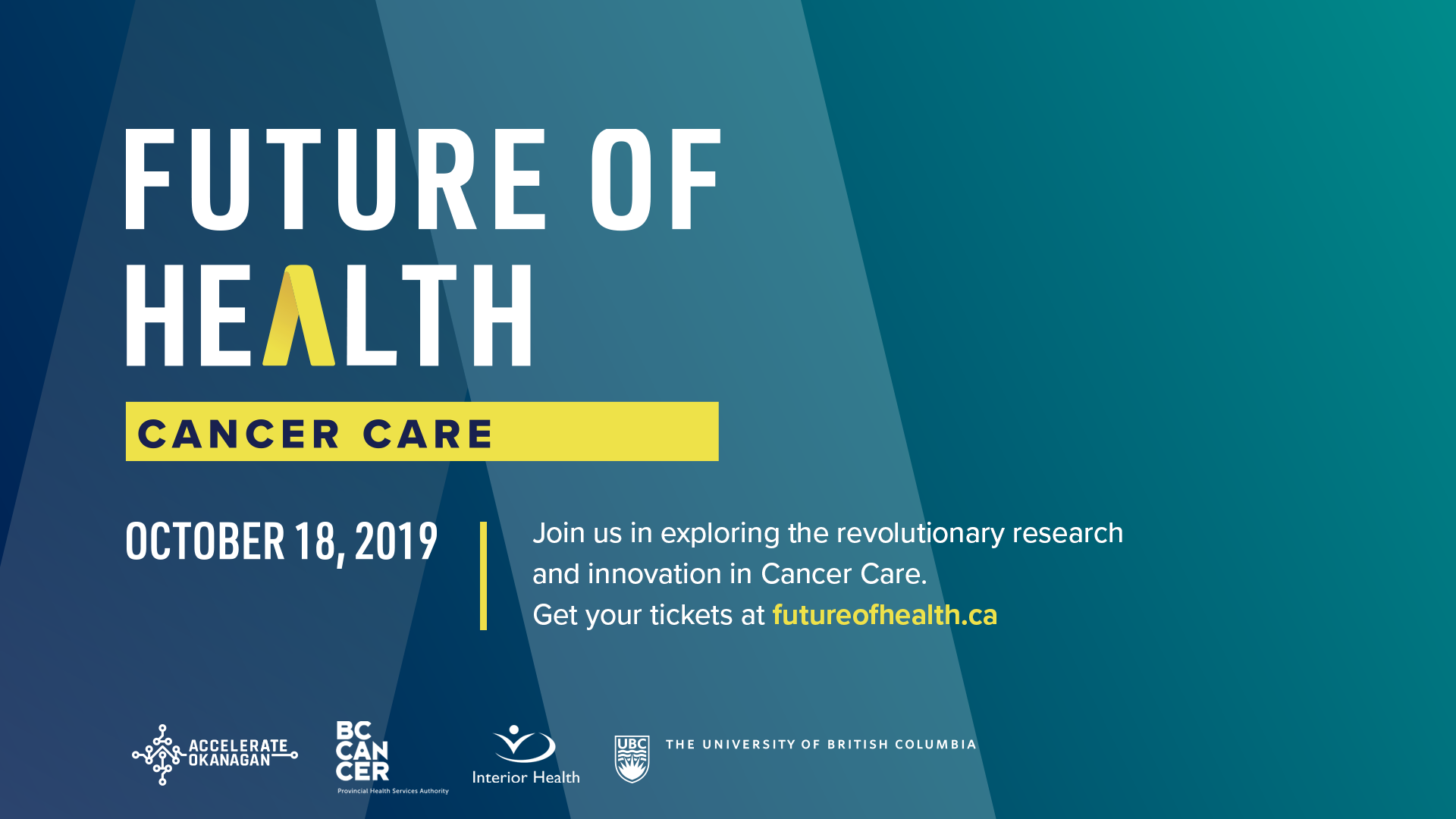Q1: How can I minimize the impact of any disruption on my research program or lab, and the associated academic progress of my graduate students and postdoctoral fellows, caused by COVID-19?
We encourage the UBC research community to consider the following should an escalation in the situation lead to a partial disruption to or closure of their lab or research program:
Key equipment and research materials
- Can your work continue off campus with access to specific equipment or research materials?
Compliance/regulatory
- Are there compliance or regulatory requirements certifications that may be impacted by a disruption in your program or by changing the location of your work?
Communications Planning
- Is the contact information for your lab members up-to-date?
Backing up data and records
- Which processes are automated or can be initiated remotely? Which require physical presence on campus?
Alternate location/working from home
- Are you able to continue the research program by working at another location or at home? Do you have you everything in place to access email/voicemail/network drives/web conferencing remotely and in compliance with information security standards?
Telecommuting faq
Knowledge/Skills
- Would the absence of individual members of your team with specific skills or knowledge result in difficulties in your research program? Would cross-training, documentation or sharing of information mitigate this risk?
Sponsors
- Do any sponsored research agreements have procedures for requesting exceptions in the event of disruption (deadline adjustments, budget adjustments etc.?)
Contractual requirements
- Does your project or lab provide any services to external users that may be impacted? Is this documented in a contract and are there sufficient “out” clauses in the event your lab was not operational?
Monitoring of equipment
- Does any of your equipment need in-person monitoring (e.g. to ensure constant temperature) or do any of your materials require transference between equipment? Can any monitoring be done remotely?
Supplies
- Are there important supplies (consumables) that could lead to a disruption in your research program should their stock diminish? Are you able to maintain a greater stock of any important supplies to cover any disruption?
Hazardous Waste
- Are the appropriately trained members of your team available to handle hazardous waste?
Q2: What happens if my research involves human participants?
We are asking researchers to investigate how protocols involving human participants can be adapted to reduce or eliminate in-person contact, especially with vulnerable populations. For clinical trials, it is recommended that they continue as planned with the guidance of the respective institutional research ethics board and the health authority in which they take place.
For both clinical and behavioural studies involving human participants, investigators are advised to consider if their research protocols could be modified or delayed, to limit personal contacts. Specifically, in some research settings in-person participant interactions could be reduced and/or replaced with telephone or online communication. Considerations include the nature of your protocol, the type of participants engaged in the research, and any additional risk that may arise by switching from in-person to virtual communication. Revised participant consents or consent addendums may be required (e.g., to update privacy considerations with use of different communication channels). Where research staff are feeling unwell, care should be taken to stay home to prevent transmission of any illness. If COVID 19 is known or suspected, Health Canada guidelines should be followed.
While TCPS 2 typically requires review and approval of modifications prior to implementation, an exception can be made where the change is necessary to eliminate an immediate risk to participant(s) (Article 6.15). Such changes may be implemented but must be reported to the REB at the earliest opportunity (within 5 business days as a guide).
Similarly, studies that must comply with the US federal regulations require that the REB review any revision to the protocol before they are implemented except in cases, “where necessary to eliminate apparent immediate hazards to the human subjects.” 21 CFR 56.108(a)(4).
Please contact the appropriate REB office for your study whenever possible if you are considering revisions to the approved protocol. However, should you determine that changes in your procedures are immediately required, you may implement them, without prior notice to or approval from the REB. You will need to ensure that you are not introducing other risks, and you may need to ask participants to sign revised informed consent forms. The changes should be reported to the REB as soon as possible. If a full revised protocol cannot be completed, a document that describes the changes and explains how they will protect participants can be submitted, along with copies of any new or revised subject-facing materials.
Notification to the sponsor of the study where applicable is required. This is the responsibility of the Investigator.
Where in-person participant contact cannot be modified, delayed or eliminated, due to the nature of the study specifically in the clinical setting, we recommend that study-related personnel call each study participant prior to their visit. Specifically, please ask the participant the following:
- Have they recently travelled outside of Canada?
- Do they have the following symptoms: cough, sneezing, fever, sore throat and difficulty breathing?
- Have they been in close contact with a sick person, especially if they had a fever, cough or difficulty breathing?
If they respond with a yes to any of these questions, please consider rescheduling their study visit.
A reminder that where the research involves physical assessments and use of equipment (e.g., metabolic carts, facemasks, mouthpieces, noseclips, straps, turbines, valves, tubing, cannula, treadmills, etc.) disinfection according to manufacturer’s standards where applicable is paramount and use of single use accessories is advisable. In the absence of manufacturers’ standards, thorough cleaning between participants is advised.
Please monitor Health Canada’s website for up-to-date information.
covid-19 outbreak update
Q3: What should I do if my research involves animals?
All Animal Care and Use Program (ACUP) facilities have a crisis management plan and we are ensuring that these plans are in-line with specific issues that need considering in light of the current situation.
We are stockpiling food and bedding in our Animal Care Services (ACS) facilities to ensure we have six weeks of supplies. We encourage all other facility managers to ensure that they have sufficient food, bedding and supplies.
ACS is considered a crucial services unit and we anticipate being able to maintain current animal colonies with designated staff in the ACS facilities. We encourage all other facility managers to ensure that there are designated staff to maintain animal colonies.
Given the current unpredictability relating to COVID-19, we recommend that researchers consider the following:
- Avoid initiating any long-term animal studies.
- Keep animal breeding to a minimum.
- Prioritize any precious/unique animal lines and cryopreserve these lines.
Please contact your facility manager or clinical vet if you have any questions or need assistance.
For researchers using alternate animal housing locations:
- Please ensure that you have a crisis management plan in place and consider stockpiling essential animal care supplies.
- If you have any questions or need assistance, please contact your clinical vet.
Q4: What should I do if my research uses Plant Care Services?
Plant Care Services is a crucial service unit and a continuity plan is ready to be implemented to maintain the current level of services in our facilities. Plant Care Services has stockpiled potting media, fertilizers and other essential inputs.
Given the current unpredictability relating to COVID-19, we do recommend that researchers consider how to mitigate potential impacts (e.g. changing protocols or growing conditions) should access to facilities become restricted in the future.
As an ongoing measure, please remind all trainees and staff entering greenhouses to wash their hands and respect the sanitary instructions posted at each door of the greenhouses.
Q5: Who should I contact if I have questions about support for my research?
Q6: Where can I find information about how UBC is responding to COVID-19?
The UBC community can find information and resources related to the university’s response to COVID-19 at ubc.ca. The information is updated as frequently as possible.








